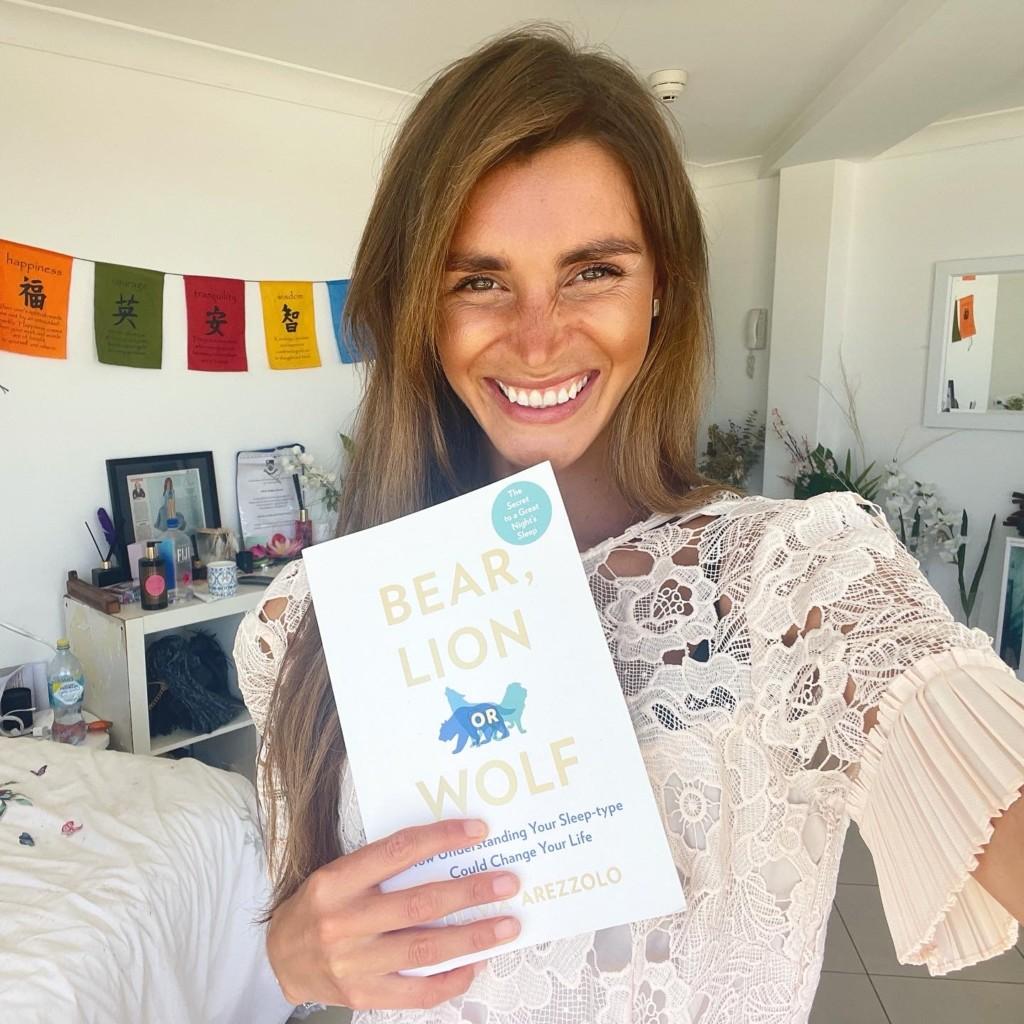Sleep – in theory, we all know we need it, but do we really know what happens to our bodies – physically, mentally, cognitively – when we don’t sleep enough? Similarly, do we know the impact of noise upon our sleep? What’s an acceptable level? How can Quieton help? As Australia’s Leading Sleep Expert, on behalf of QuietOn, it’s a pleasure to share these answers with you – so you can get the sleep you know, love and need.
What happens to our bodies when we don’t sleep enough?
- We feel fatigued. Essentially, during sleep, our bodies produce human growth hormone – the key catalyst for muscle repair. In fact, research by the University of Chicago found that 70 per cent of human growth hormone is produced in slow wave sleep – as in, deep sleep. So – if you’re waking fatigued and finding the simplest of tasks challenging, it’s likely you haven’t spent enough time in deep sleep and/or sleep altogether.
- We make mistakes. Lack of sleep impairs your frontal lobe – the brain region responsible for decision making, judgment and time management. A 2016 sleep survey by Australia’s Sleep Health Foundation found that 29 per cent of workplace errors can be directly attributed to fatigue – yes, that’s almost one in three. If that’s you, please do not feel like there is something wrong with you. Your body is just trying to communicate to you, ‘I need more sleep’
- We have brain fog and memory loss. A 2018 study published in Proceedings of the National Academy of Science. Found that for each night you don’t sleep enough, your levels of beta-amyloid (Aβ), a neurotoxin that contributes to brain fog, impaired memory and even Alzheimer’s disease, increases by 5 per cent. This happens each night, let alone after weeks, months or years of insufficient sleep.
- We’re anxious. the University of Chicago found that just one night of insufficient sleep can see the stress hormone cortisol increase by 37 per cent. After two nights, it’s 45 per cent. The consequences of this include an inability to switch off, feeling ‘wired but tired’ and mental rumination
- We feel more depressed. Because sleep replenishes happiness hormones such as serotonin, when we lack sleep, we don’t have the same availability of these neurotransmitters, which leaves us feeling flat, lifeless and often depressed.
What is the impact of noise on sleep quality?
While we think that a bit of noise doesn’t make a difference, it does! As noted in a 2011 paper by Institute of Aerospace Medicine, Germany, even low levels of background noise can reduce sleep depth – less slow wave and REM sleep. As a result, you’re more likely to be fatigued (see point A above); and experience the other consequences of inadequate sleep mentioned above too. This is because lacking deep sleep is on par to lacking sleep altogether.
How can Quieton help?
Quieton’s noise cancelling headphones will leave you sleeping deeply in silence, immune to the distractions around you – a car outside, a door opening, a noisy housemate! While they reduce noise at all levels, the cancelling focuses on low frequency sounds – such as snoring. Instead, you stay asleep – which as you now know, is much needed for your physical, mental and cognitive wellbeing.
Shop now – and of course, sleep well!
Written by Olivia Arezzolo – Australia’s Leading Sleep Expert.
OLIVIA AREZZOLO BIO:
Olivia Arezzolo is Australia’s leading Sleep Expert, Sleep Coach and Author.
After 9 years of study, Olivia’s qualifications include a Bachelor of Social Science (Psychology), Certificate of Sleep Psychology, Diploma of Health Science (Nutritional Medicine), and a Certificate 3+4 in Fitness.
To date, Olivia has been featured on Forbes, The Today Show and The Morning Show; partnered with global brands including Sealy Posturepedic and Ikea, has her own column in the leading health publication in Australia – Body and Soul – and has recently released her book, Bear, Lion or Wolf, now published in 11 countries. Connect with Olivia on Instagram – she’d love to hear from you.

